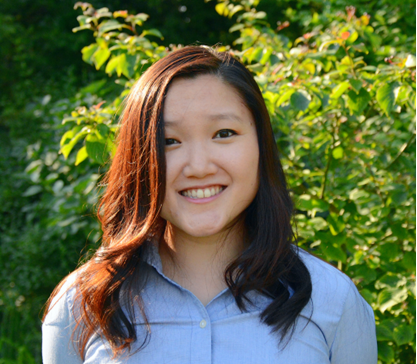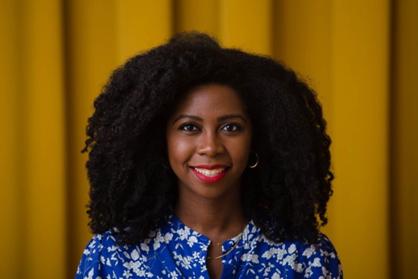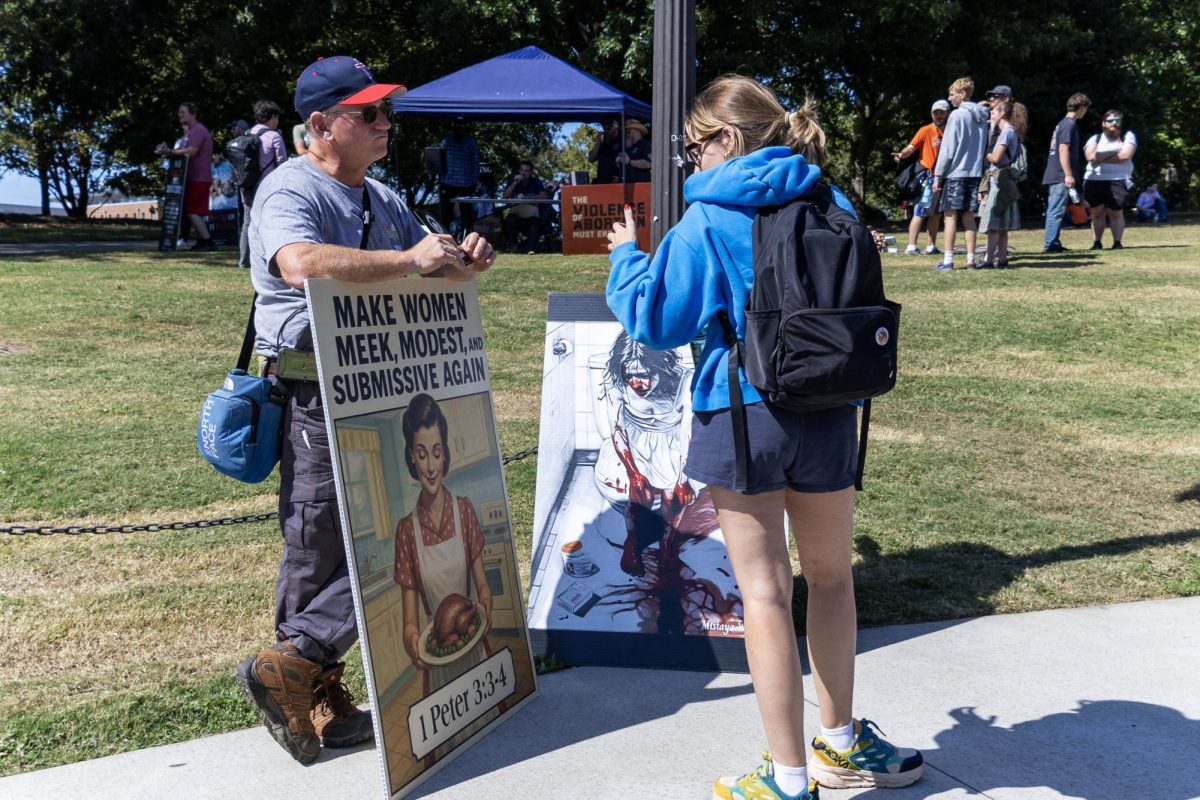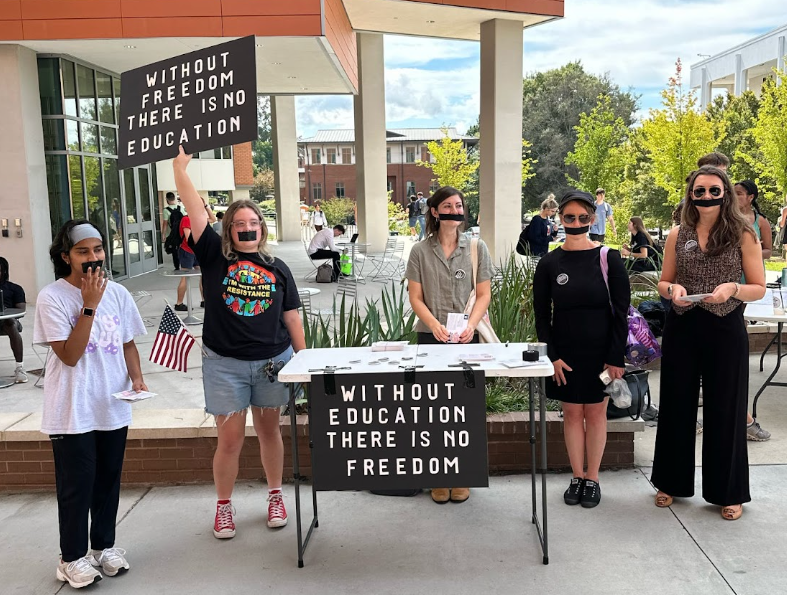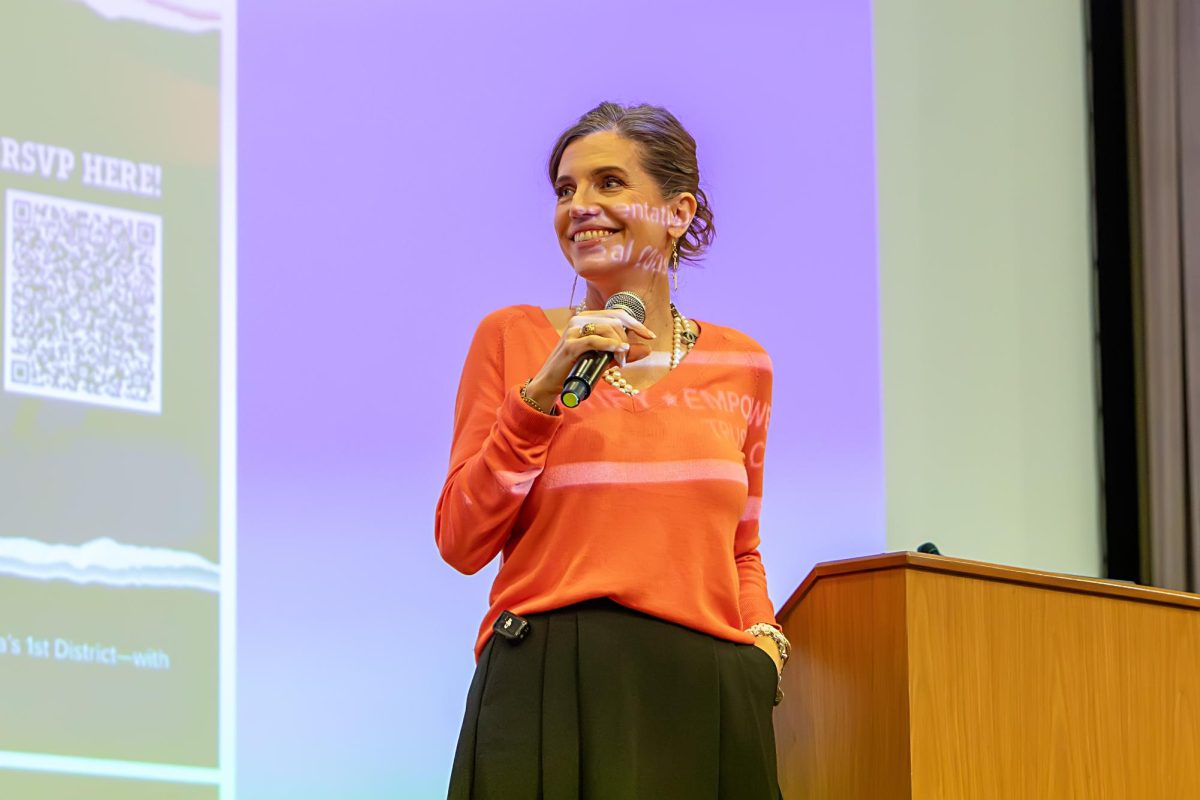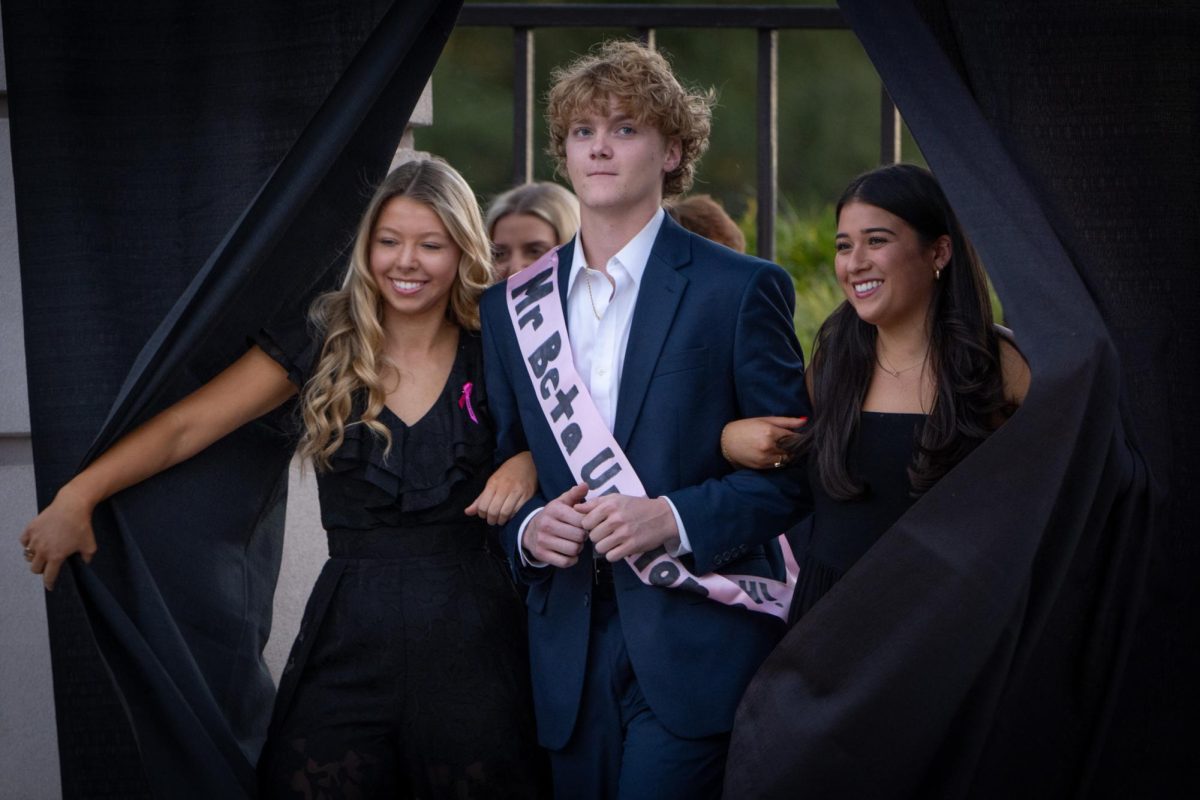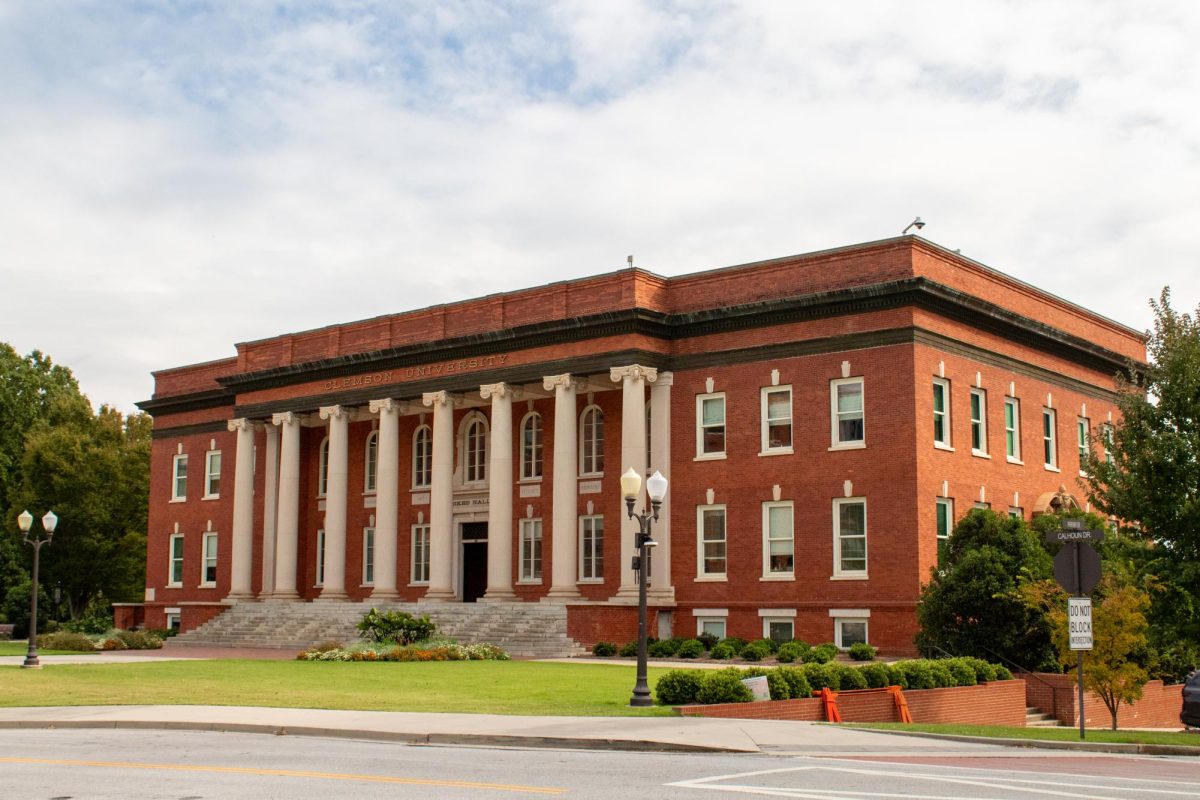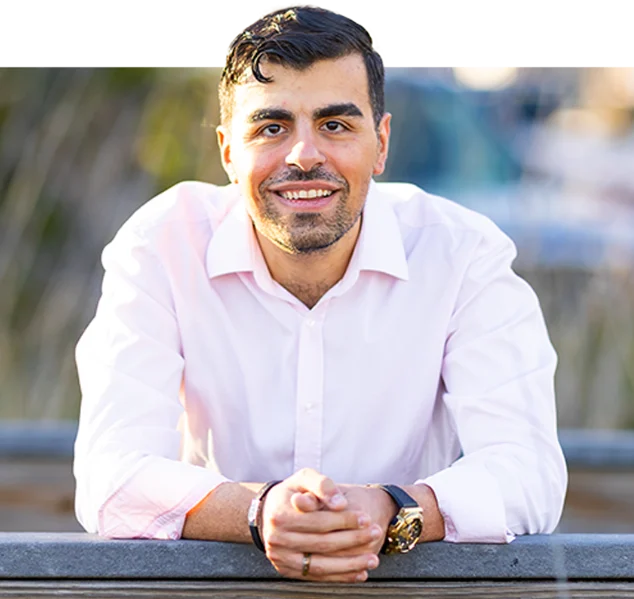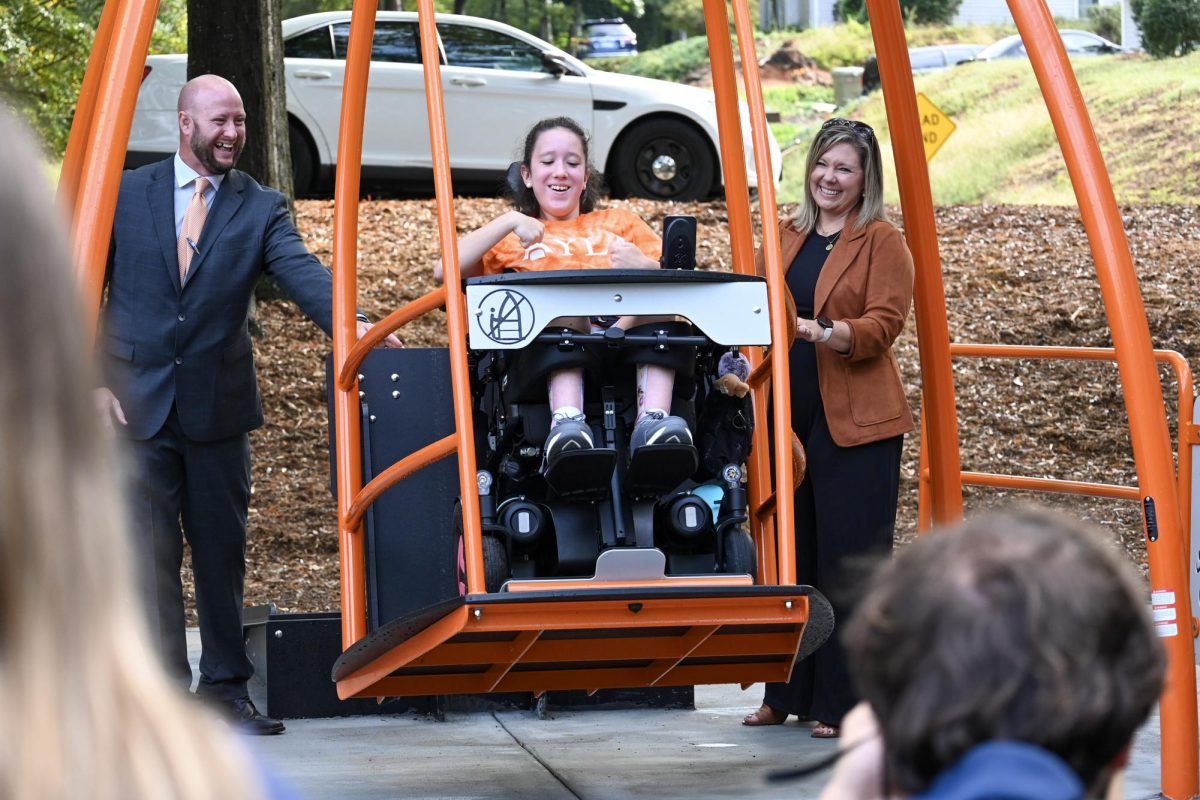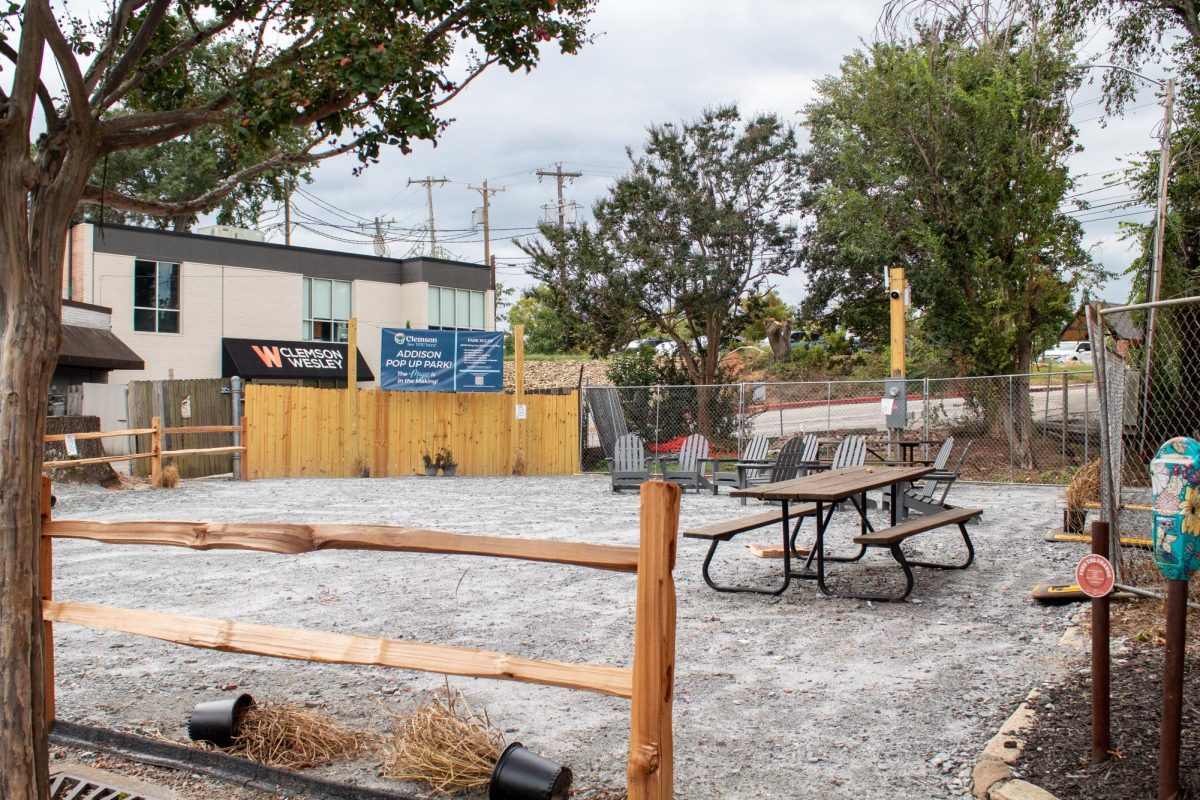Clemson University will be welcoming two highly acclaimed writers to the English department faculty this coming fall semester.
Korean-American poet Su Cho, a tenure hire, is known for countless publications in some of the country’s best literary journals and anthologies. She has served as editor for leading academic publications, and her first book will be published this fall by Penguin Press.
Desiree Bailey, a poet native to Trinidad, Tobago and New York, will be teaching in the English department’s new Writers in Residence program. Her first poetry collection, “What Noise Against the Cane” won the 2020 Yale Series of Younger Poets prize and was a finalist for the 2021 National Book Award.
Will Stockton, chair of the English department, said Cho and Bailey’s achievements definitely set them apart from the other candidates who applied for these positions.
“You want well-recognized people who are accomplished in their field, and you want them to be good teachers,” said Stockton. “That’s what we can offer students. None of this matters without students in the classroom.”
Hannah Sparks, senior English major and president of the English Majors Club, said “there is some incredible talent within the English Department. I think part of what makes the English community at Clemson so special is the encouragement and support of exploration.”
What drew Stockton to Cho’s work is the use of interconnectedness of language. Cho seeks the answers to what language is in her dual history of Korean and American, yet typically uses what words she is comfortable with in either language. Cho wants students to also use these techniques to not be so hesitant with language. Cho wants students to use language they are comfortable with.
Cho attended undergrad at Emory University in Atlanta, Georgia where she said the most defining years for her career as a poet developed.
“I always say, my first and second year of college, I feel like I was sleepwalking through it,” said Cho. “In those English and creative courses I felt like people were … waking me up to what I could do.”
Along with a major in psychology, Cho took writing classes as an outlet and eventually added a second major in creative writing her junior year. Cho said her professors in college were the people who demonstrated writing as a legitimate profession. She hopes that she can play this mentor role for students as she settles in at Clemson.
“I got to [come upon] my career in the right direction because people were there to point me to places I could go,” said Cho. She is excited for her position as an undergraduate-focused professor to open up opportunities in a formative time in students’ lives.
Hannah Burns, a senior English major who met with Cho during her interviewing process, said Cho is “exactly what this department needs.” Burns described Cho as someone who is passionate for teaching students, yet also passionate about learning herself.
“She was clearly brilliant, but made such an effort to make those around her comfortable,” said Burns.
Bailey’s poetry focuses on the role that memory plays in her life and surrounds the feelings of being O.K. with the cyclical nature of human experience. Stockton says these “arresting images” in Bailey’s poems are what stood out to him. Bailey wants students to play with language to connect to their environment and community and expects the atmosphere at Clemson to open up new avenues for her own work.
Bailey said that building a community is essential for poetry and the arts. She hopes to bring many facets to her classroom and give students an opportunity to explore.
Bailey will be teaching upper level specialized classes in poetry and is planning to focus her class subjects on coloniality from migration and immigration and the liminal spaces that arise from this. She intends to give students a space where they’re allowed to explore their thoughts and concerns which are all valuable in the world of writing.
Bailey said she wants to use her opportunity as an acclaimed writer in the new Writers in Residence program to show students that “poetry is a viable way to live and work.”
Nicholas Vazsonyi, dean of the college of architecture, arts and humanities, said the goal is that the program will “shift our thinking within the university and more broadly about the importance of the humanities and the arts.”
Bailey will be expected to teach students about the working life of a poet and also be active in the community with the possibilities of arranging poetry readings and interacting with other creative writers within the community.
“A career in the arts and humanities is about shaping your mind and your imagination and your way of interacting with the world,” said Vazsonyi. “[These types of careers] can lead in so many different and unending ways and directions. That’s what makes them extremely exciting and extremely valuable.”
Desiree Bailey



